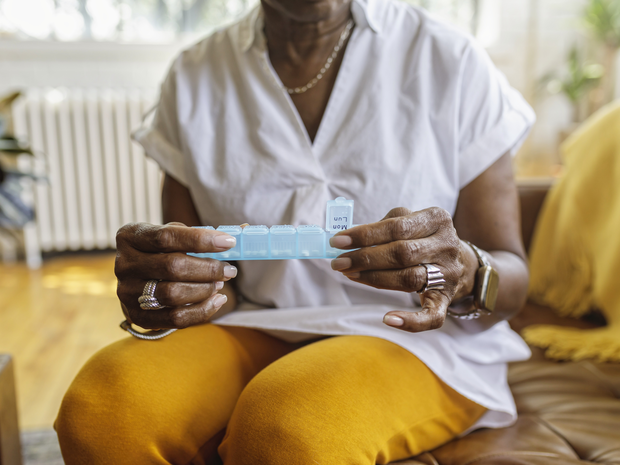
Ensuring Your Safety

Ensuring Your Safety
Speak Up for Safety
Our team wants you to have a health care experience that's as safe and positive as possible.
St. Luke's is committed to partnering with you and your loved ones to deliver exceptional care and a physically and psychologically safe care experience. We’re here to listen and work with you, and we welcome your questions and comments.
We invite you to speak up for safety during your care experience when you need clarification, support, or would like more information. Safety language sounds like:
- I have a follow-up question about my medications …
- I am worried about falling …
- I did not catch your name or job role …
- I’m not sure where you are taking me …
At St. Luke's, we are on a journey toward zero preventable harm. By working closely together with you, we can lower the risk of accidents and improve safety for everyone.
Suggestions for a Safe Experience

There are many ways you can help us make your St. Luke's visit as safe as possible. It’s very important that you understand all aspects of your care, including tests, procedures, medications, and instructions regarding your medical condition. Please discuss these topics with your healthcare providers, as applicable:
- Medication allergies
- Verify all allergy information is written down in your medical records.
- Current medications
- Inform your healthcare providers of any medications you are currently taking, including prescription medications, over-the-counter medications, vitamins, minerals, dietary/herbal supplements, laxatives, pain relievers, sleeping aids, etc.
- Additional prescription medications
- Ask questions about the medication being prescribed to you before you take them. Make sure you understand what the medication is for, the dosage, directions for use, refills, storage, expiration, and what to do about missed dosages. Discuss any side effects or warnings associated with the use of the medication and what to do if you experience side effects.
- Are there activities, food, drinks, or other medications you should avoid while taking the medication?
- Does the medication need to be taken with water, milk, or food?
- Ask questions about the medication being prescribed to you before you take them. Make sure you understand what the medication is for, the dosage, directions for use, refills, storage, expiration, and what to do about missed dosages. Discuss any side effects or warnings associated with the use of the medication and what to do if you experience side effects.
- Practice and promote hand hygiene
- The best way to prevent the spread of germs is good hand hygiene: washing hands with soap and water or using an alcohol-based hand sanitizing gel.
- Health care workers should wash their hands before and after caring for each patient. It's important for patients, families and visitors to also practice good hand hygiene. Please wash your own hands often, including before eating, after using the restroom and after touching any surface in the hospital room.
- Patients, families and visitors are encouraged to speak up and ask health care providers if they washed their hands prior to entering the patient room.
- Ask for an interpreter
- If you’re deaf or hearing impaired, or if English is not your primary language, ask us to connect you with an interpreter.
- Feel free to ask for second opinion
- It’s your right to be well-informed, well-cared for, and safe. You have the right to ask for a second opinion. Seek advice and assessment from another healthcare provider if you’re unsure or uncomfortable about the care and information you receive.
Share Your Perspective

Providing Feedback
We invite you and your loved ones to share observations, concerns, or suggestions.